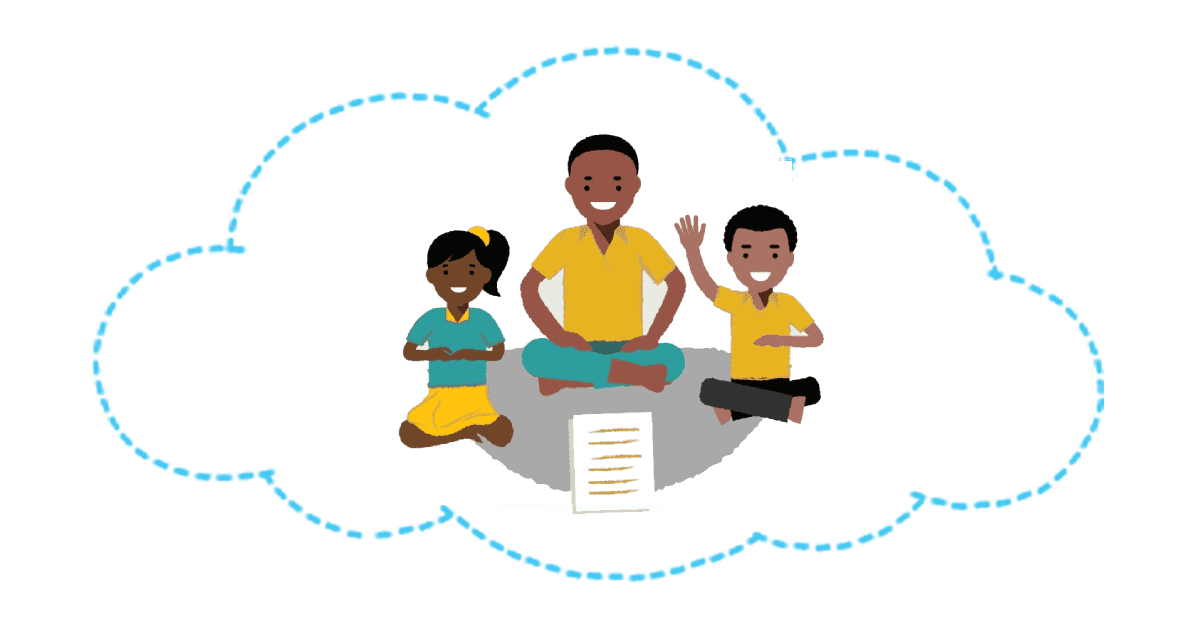There are separate standardized assessment tools administered for infants, school-aged children, adolescents and adults. Assessments primarily examine the form, content, understanding and use of language, as well as articulation, and phonology. Oral motor and swallowing assessments often require specialized training. These include the use of bedside examination tools and endoscopic/modified barium radiology procedures.
Individuals may be referred to an SLP for the following: Traumatic brain injury; Stroke; Alzheimer’s disease and dementia; Cranial nerve damage; Progressive neurological conditions (Parkinson, ALS, etc); Developmental delay; Learning disability (speaking and listening); Autism Spectrum Disorders (including Asperger Syndrome); Genetic disorders that adversely affect speech, language and/or cognitive development; Injuries due to complications at birth; Feeding and swallowing concerns; Craniofacial anamolies that adversely affect speech, language and/or cognitive development; Cerebral Palsy; and Augmentative Alternative Communication needs.
There are myriad Speech-Language Assessment tools used for chidren and adults, depending on the area of need.

